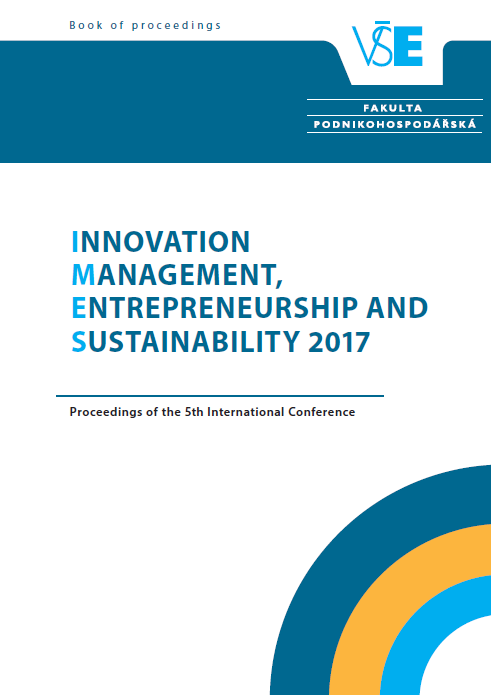Nepotism and Favoritism in the Steel Sector: Are These Phenomena Prevalent?
Nepotism and Favoritism in the Steel Sector: Are These Phenomena Prevalent?
Author(s): Włodzimierz Sroka, Jolita Vveinhardt
Subject(s): Politics / Political Sciences, Social Sciences, Economy
Published by: Vysoká škola ekonomická v Praze
Keywords: nepotism; favouritism; steel sector; Poland
Summary/Abstract: Purpose: The term ‘nepotism’, i.e. favouritism granted to relatives, is usually associated with corruption in the public sector and the abuse of public resources. Moreover, it is commonly accompanied by the public image of post-Soviet and/or developing countries. One may, however, observe the manifestations of nepotism in different sectors of the economy. Therefore, the aim of the paper is to analyse the main principles of transparent management of companies operating in the steel sector and deconstruct the myths of nepotism and favouritism. Design/methodology/approach: Two research methods were used to analyse these phenomena: an analysis of widely accessible information devoted to anti-nepotism practices (the first stage), and interviews with the managers of steel companies operating in Poland (the second stage). The data collected during the first stage allowed us to analyse the problems associated with nepotism. Interviews (totally 18) with the managers allowed us to find out the real perception of this phenomenon and thus to determine the prevalence of these pathologies in the sector. Our research was done in Q4 of 2016 and included all steel companies (totally 9) operating in Poland.Findings: Our research has confirmed that nepotism and favouritism are observed in the sector analysed. However, it is necessary to emphasise that the scale and range of this phenomenon vary, depending on the membership of three groups, i.e. global corporations, companies listed on Warsaw Stock Exchange, and small companies. Research/practical implications: Our research has several implications. Firstly, it confirmed that the steel sector - like other industries - is not free of these pathologies. Knowledge of this fact may be useful for managers, and above all the owners of steel companies, allowing them to take the necessary preventive actions. Secondly, regular surveys organised in this sector (e.g. every five years) would facilitate the obtainment of interesting data showing how the situation has changed over time. And thirdly, the results of our research may be a good starting point for the formulation of the research hypotheses in further surveys.Originality/value: The originality of the paper is the result of the presentation of unique qualitative research related to nepotism and favouritism phenomena in the steel sector. Another advantage is the fact that, to the best of our knowledge, such research is relatively rare (due to the sensitive nature of the topic) not only in Poland, but also on an international scale. It constitutes a significant addition to the value of this paper.
Book: Innovation Management, Entrepreneurship and Sustainability (IMES 2017)
- Page Range: 952-962
- Page Count: 11
- Publication Year: 2017
- Language: English
- Content File-PDF

